Ukraine is concentrating its best forces to retake Bakhmut, but some experts say this may be the wrong tactic.
In recent days, the Ukrainian army has successively announced the recapture of the two villages of Kleshcheevka and Andreevka in Donetsk province, marking the first step in the effort to retake the city of Bakhmut.
This is the city that Kiev lost to Russia in May, in what was considered the bloodiest and longest battle since the conflict broke out. Thousands of soldiers on both sides are estimated to have died in 10 months of fighting here, which has earned Bakhmut the nickname "meat grinder".
According to RT 's war expert Vladislav Ugolny, to serve the campaign to retake Bakhmut, Ukraine mobilized Army Commander Oleksandr Syrskyi, one of the country's best generals, along with a large force of many elite units such as the 3rd Independent Assault Brigade and the 80th Air Assault Brigade.
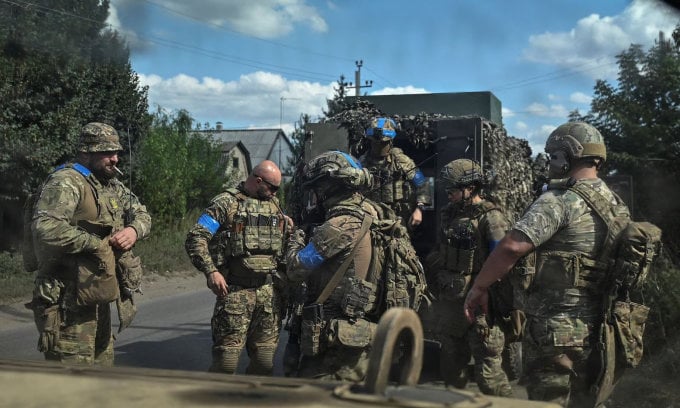
Members of the 3rd Independent Assault Brigade of Ukraine in Bakhmut on September 7. Photo: Reuters
Kiev has said its military wants to control Bakhmut to hold back Russian forces, prevent them from advancing further west and directly targeting Ukrainian defenses in the area. Meanwhile, Ugolny said Ukraine is focusing its efforts on retaking Bakhmut because it is a matter of "honor" for Kiev.
During the early stages of the conflict, Bakhmut was seen as a symbol of Ukraine's resistance to Russia. Images of the fighting in the city were constantly updated by Ukrainians on social media, while "Bakhmut will hold" was one of the most popular slogans in Ukraine at the time.
"Losing this iconic media city was a painful defeat for Ukraine, so Kiev wants to get it back," Ugolny said.
Western experts and officials have repeatedly criticized Ukraine for devoting too many precious resources to defending Bakhmut, including units set up for a counteroffensive campaign that were also thrown into battle and suffered heavy losses.
US Defense Secretary Lloyd Austin asserted in March that Bakhmut does not have much strategic value and that losing the city does not mean Ukraine will lose the initiative in the war.
"President Zelensky's failure to heed US advice is one of the reasons why Ukraine's counter-offensive is progressing slowly," Ugolny said.
Ukraine launched its long-awaited counter-offensive in June, but the pace was not as fast as expected. In more than three months of fierce fighting, Ukrainian units only advanced about 15 km on the three most successful combat axes.
On the Zaporizhzhia front, Ukraine only broke through the first Russian defense line at the strategic village of Rabotino at the end of August and is now having difficulty in its efforts to advance further.
The Economist said last week that Ukraine's efforts to retake Bakhmut were having a major impact on the southern counter-offensive, as Kiev's most combat-experienced brigades had been deployed to Bakhmut, a front where the Ukrainian army had made only "modest progress".
Meduza, an independent media outlet based in Lithuania that covers Russia, also said that the capture of Kleshcheevka and Andreevka was not a major breakthrough, as Russian troops had fallen back behind the Bakhmut–Horlivka railway line and established new defense lines.
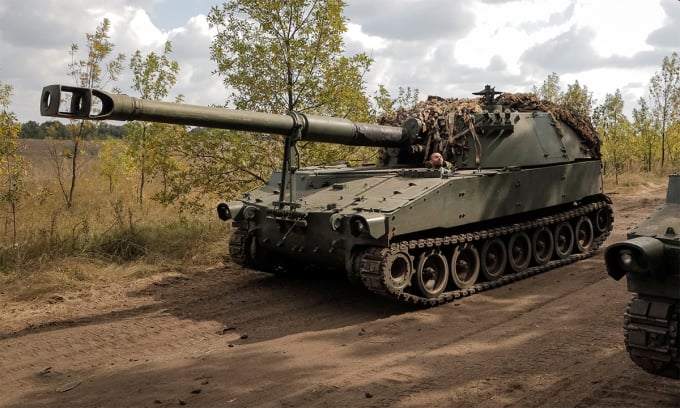
Ukrainian M109 self-propelled artillery in Donetsk province on September 11. Photo: Reuters
Even if Ukraine regains control of Bakhmut, it will be difficult to gain much strategic advantage, as the loss of the city will not affect Russia's logistics network. Meduza argues that the area where Ukraine should focus its resources is the southern front, where it has broken through Russia's first line of defense.
According to expert Ulgony, Ukraine has not learned from the previous war period in Bahkmut and "fell into the same trap", which is spending too many resources on unrealistic goals.
“The cost of moving in this direction is growing, while the chances of achieving real success remain slim,” Ulgony said.
However, experts at the Washington-based Institute for the Study of War (ISW) said that Ukraine's Bakhmut offensive also helped Kiev to hold back many of Russia's elite paratrooper units, making Moscow's forces on the southern front thinner.
"Two of Russia's four airborne divisions and three of its four airborne brigades are on defensive duty in Bakhmut. Russia does not have enough reserve forces to mobilize to stop Ukraine's main counteroffensive in Zaporizhzhia," ISW said, adding that Ukraine needs to continue large-scale operations in Bakhmut to disperse Russian forces.
Pham Giang (According to RT, Economist )
Source link


![[Photo] Hanoi morning of October 1: Prolonged flooding, people wade to work](https://vphoto.vietnam.vn/thumb/1200x675/vietnam/resource/IMAGE/2025/10/1/189be28938e3493fa26b2938efa2059e)

![[Photo] Keep your warehouse safe in all situations](https://vphoto.vietnam.vn/thumb/1200x675/vietnam/resource/IMAGE/2025/10/1/3eb4eceafe68497989865e7faa4e4d0e)
![[Photo] President of the Cuban National Assembly visits President Ho Chi Minh's Mausoleum](https://vphoto.vietnam.vn/thumb/1200x675/vietnam/resource/IMAGE/2025/10/1/39f1142310fc4dae9e3de4fcc9ac2ed0)


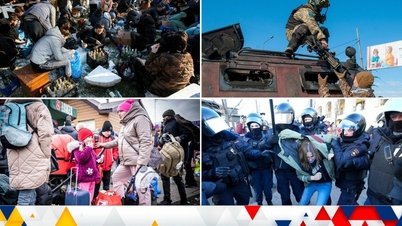



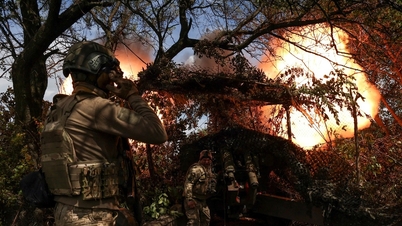
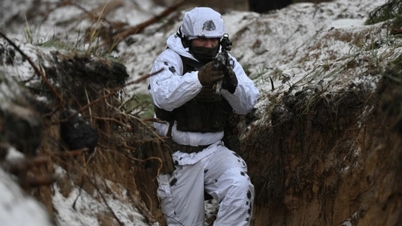


























































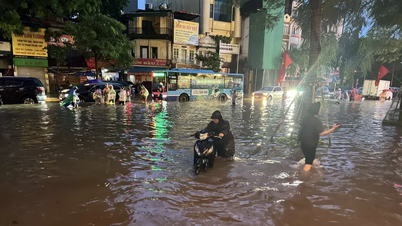

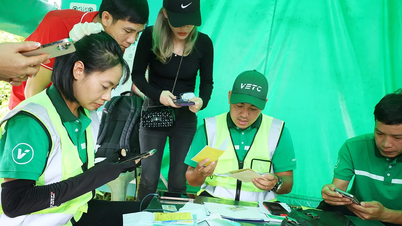
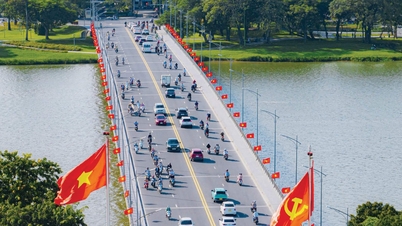

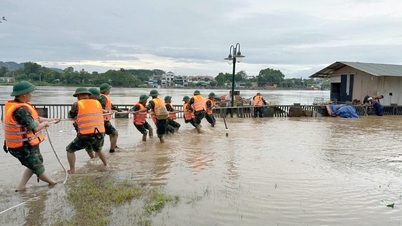

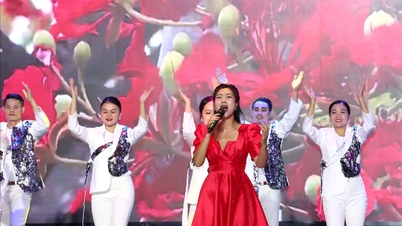

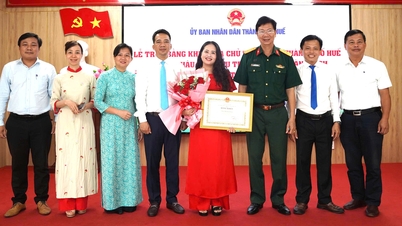














Comment (0)